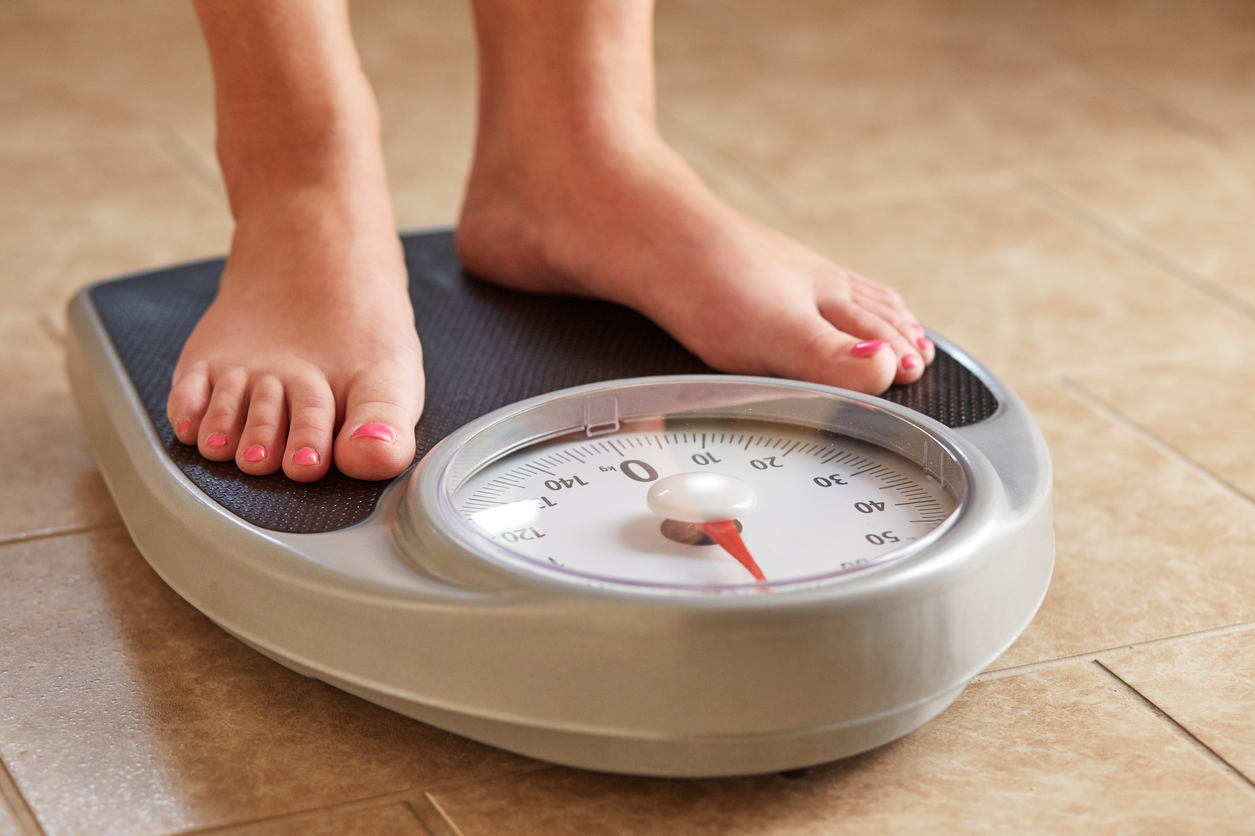Living with multiple myeloma

Staying active
Physical activity is good for bone strength. It can also help to improve fatigue and lift your mood. Check with your cancer doctor about how much physical exercise is right for you, especially if you have bone disease or bone damage.
Eating and drinking
Try to eat a well-balanced diet, with plenty of fresh fruit and vegetables. The hospital dietitian can advise you about this.
Be careful about vitamin and herbal supplements. For example, high doses of vitamin C may increase your risk of kidney damage. Some may also interfere with your drug treatment, so tell your doctor if you’re taking any supplements.
Drink plenty of fluids to keep your kidneys working properly. Try to drink about 3 litres (5 pints) of fluids (ideally water) each day. Also, avoid alcohol or cut down. If you do take an alcoholic drink, drink extra fluids on that day.
Sleeping
Sleep can boost your immune system and also help you cope better with your multiple myeloma. If you’re having trouble sleeping, tell your doctor or nurse.
If worry or anxiety is affecting your sleep, try sharing your worries with family or close friends. If you find this difficult, counselling may help you. Read more about counselling, including how to get free counselling funded by the Irish Cancer Society.
Life changes
Depending on how your multiple myeloma is affecting you, may have to make changes in your life. For example, your work or social life. It’s important to put yourself first and avoid stress.
If you have bone damage or fatigue, your mobility may be reduced. You may not be able to do as much as before. For example, you will be advised not to do any lifting, hoovering or heavy housework. In some cases you may need to use a walking stick or a wheelchair for a while.
Give yourself time to adjust to these changes. The occupational therapists at the hospital will help you get back to doing your normal activities around the home. They can visit your home to see if you need special adaptations, such as bath rails or a higher chair.
Vaccines
You will probably be advised to get the flu vaccine every year and the pneumonia vaccine every 5 years. Cancer can weaken your immune system, so some vaccinations may not be suitable for you. For example, live vaccines. Check with your doctor about which vaccinations are recommended for you and make sure you get them.
Holidays and travel
Having a holiday is a big part of some people’s lifestyle. But if you have myeloma you will need to take some extra precautions. For example, if you’ve had a stem-cell transplant, you’ll be advised not to fly or travel abroad for a period of time. Your consultant will advise you about this. Read more about planning for holidays.
Anxiety and depression
Myeloma can be hard to cope with emotionally. For example, coping with ongoing treatment and side-effects, adjusting to different treatments, and worrying about relapse can leave you anxious or depressed. Get some advice about coping emotionally and where to get emotional support.
For more information
Phone
1800 200 700






